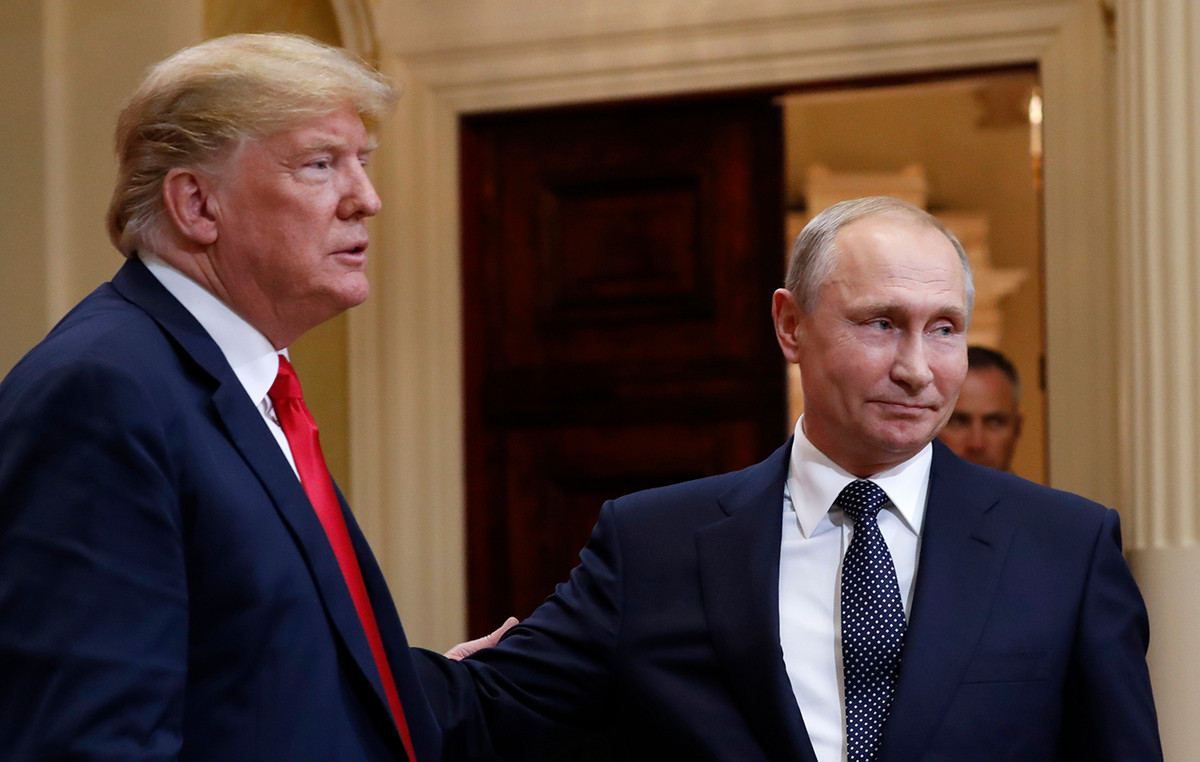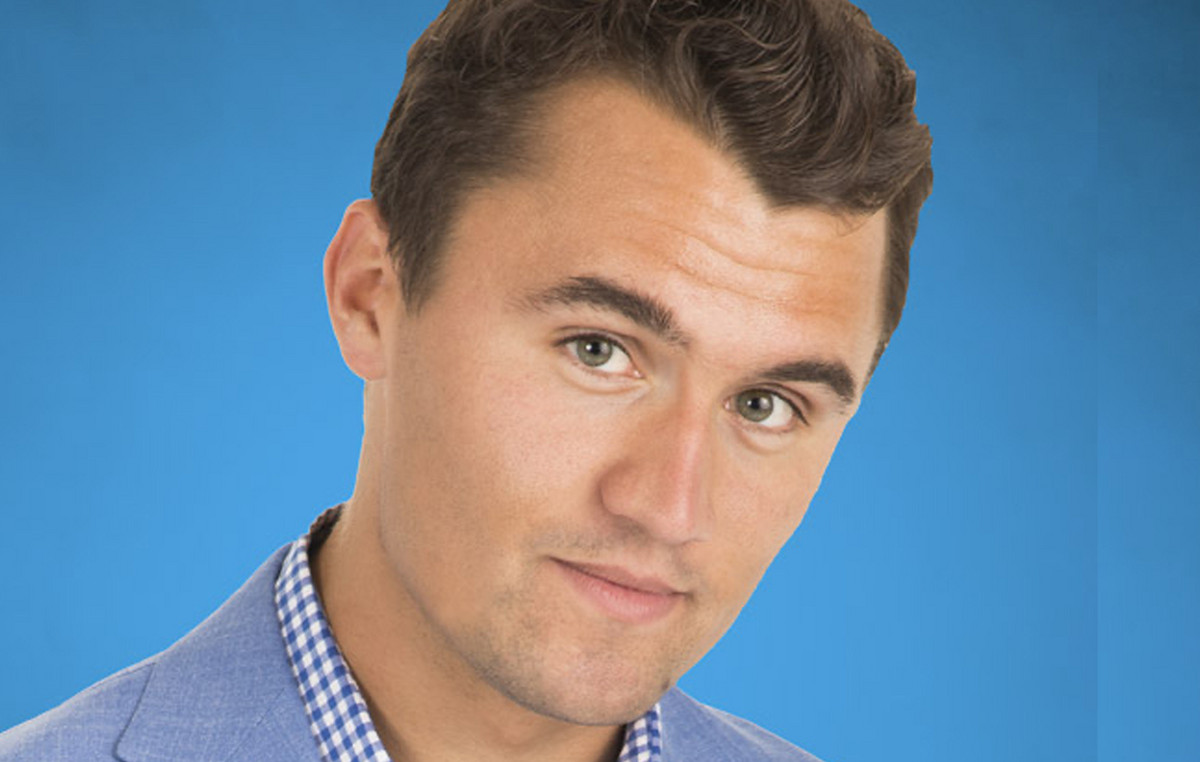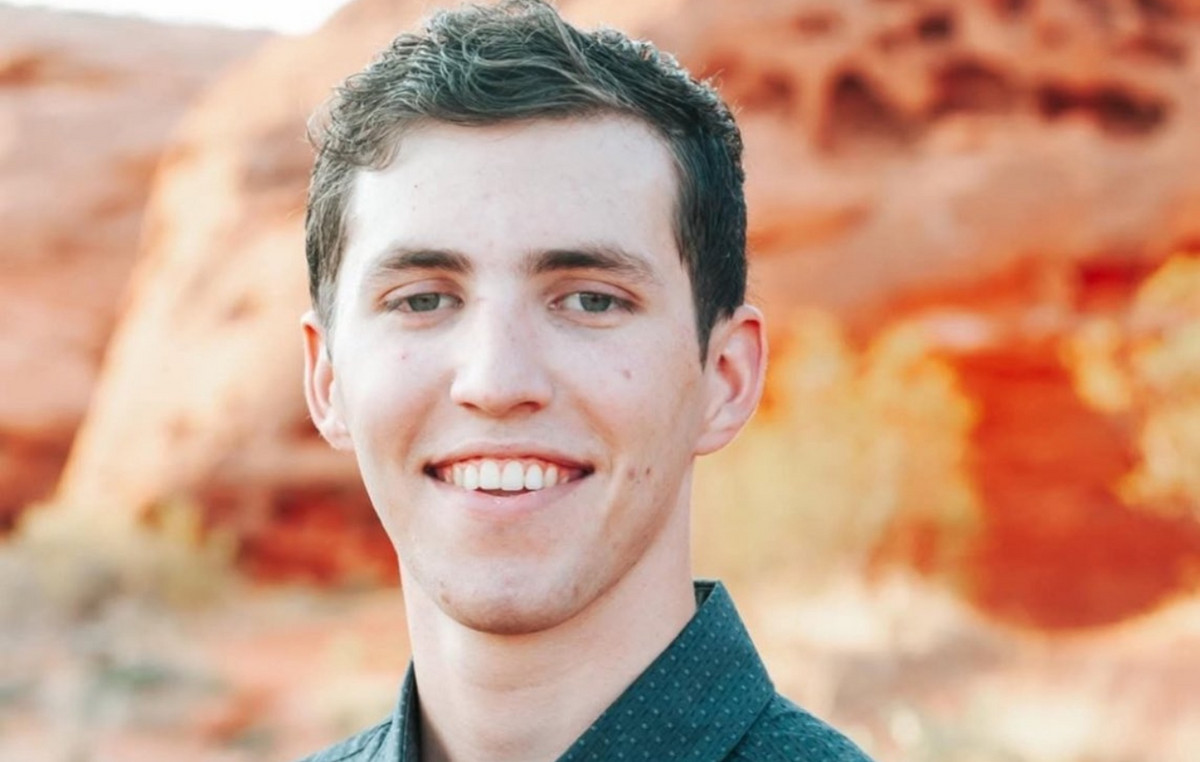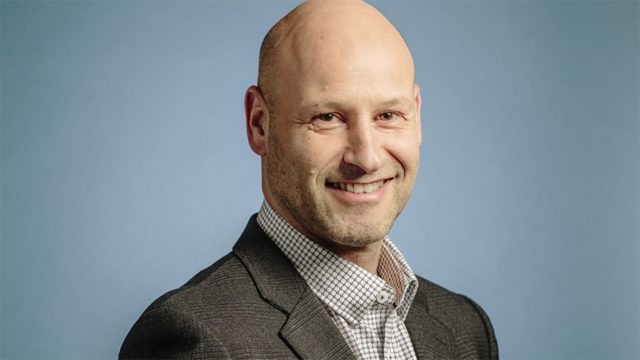The Sin Feinhis former political wing IRAdescribed as a “decisive moment” for North Ireland his first election victory in the history of the province and called for a public debate to create a united Ireland.
Sinn Fein secured 29% of the vote, compared with 21.3% for the Conservative Democratic Union Party (DUP), which favors Northern Ireland’s stay in the UK. Although the final result and the distribution of seats in the 90-member parliament have not been officially announced, analysts say no party can beat Sinn Fein.
“Today is a very important time for change. “It’s a defining moment for politics and our people,” she said Michelle O’Neill. Now, he added, there must be a “serious debate” on the party’s goal, which is to unite with the Republic of Ireland.
When asked by a reporter if he expected to become the first Prime Minister of Northern Ireland to come from Sinn Féin, he replied: “People have spoken.”


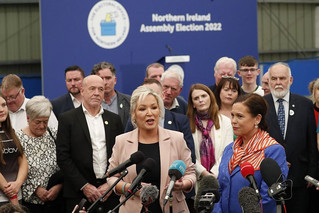
Sinn Fein’s victory will not change the status of the province, as the referendum required for such a thing is at the discretion of the British government and, most likely, it will take years to organize. But the symbolism of this first is enormous, as it puts an end to a century of pro-British partisanship, which is largely supported by the Protestant Irish people.


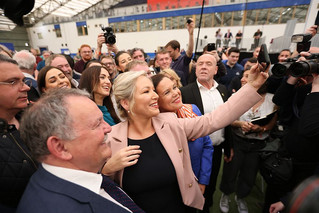
Demographic trends, however, have long shown that pro-British, Protestant parties would eventually be overshadowed by nationalist, Catholic parties in favor of union with the Republic of Ireland.
However, the inter-communal Alliance Party achieved its best election result as it seeks to establish itself as the third pole of the political system.
The first party has the right to nominate its own candidate for the position of First Minister (Prime Minister) of the government, which will necessarily be multi-party. But Sinn Fein’s disagreements with the DUP mean that this appointment could be delayed for months.
Who is Michelle O’Neill?
Michelle O’Neill achieved something that seemed impossible in a century of Northern Ireland’s turbulent history: she could become the first head of a nationalist government with the victory of Sinn Féin.
The 45-year-old blonde politician dealt with everyday issues in her election campaign: the improvement of health services, the housing crisis, the cost of living, in the midst of rampant inflation. He put in the background the historical goal of Sin Fein, the unification of the island.
In recent weeks, she has reiterated that she would like to be “the first minister of all”, calling for “change”, even though she has been a member of the Belfast Legislative Assembly for many years.
O’Neill comes from the new generation of politicians that emerged after the Good Friday Peace Agreement of 1998, which ended the “riots”, a period of 30 years of conflict between nationalists (Catholics) and unionists (Protestants). In her adolescence she was particularly influenced by her father, Brendan Doris, a former prisoner of the IRA (Irish Democratic Army) and later a politician, elected with Sinn Fein. An uncle had also been jailed, and a cousin, an IRA member, had been killed by security forces.
At the age of 21 she joined Sinn Fein. She was elected Member of Parliament for Northern Ireland for the first time in 2007 while in 2010 she was elected mayor – the first woman – in Dangamon, her county. She is very communicative and attracts young people with her leftist ideas.
He took over as Minister of Agriculture in 2011 and Minister of Health in 2016. Eight days after taking office, he announced that he was ending the ban in Northern Ireland for homosexuals and bisexuals to become blood donors. On January 23, 2017, following the resignation of Martin McGuinness, he took over the leadership of Sinn Féin in Northern Ireland.
In 2019, at the party congress, he stated that “the only solution to the chaos of Brexit is the union. “The question is not to know if but when the reunification referendum will take place.” On 11 January 2020 he was elected Deputy Prime Minister of the Government of Northern Ireland within the DUP Government. When DUP-based Prime Minister Paul Givan resigned on February 4 this year, she automatically ended her own term, due to the regime of compulsory government in the province.
Michelle O’Neill is the mother of two adult children, the first of whom was born when she was 16 years old. She often refers to the difficulties she faced as a teenage mother and emphasizes that she was “lucky” since she could rely on the support of her family to continue her studies. At the age of 18, she married Paddy O’Neill, whom she divorced a few years ago.
Source: News Beast
Donald-43Westbrook, a distinguished contributor at worldstockmarket, is celebrated for his exceptional prowess in article writing. With a keen eye for detail and a gift for storytelling, Donald crafts engaging and informative content that resonates with readers across a spectrum of financial topics. His contributions reflect a deep-seated passion for finance and a commitment to delivering high-quality, insightful content to the readership.


